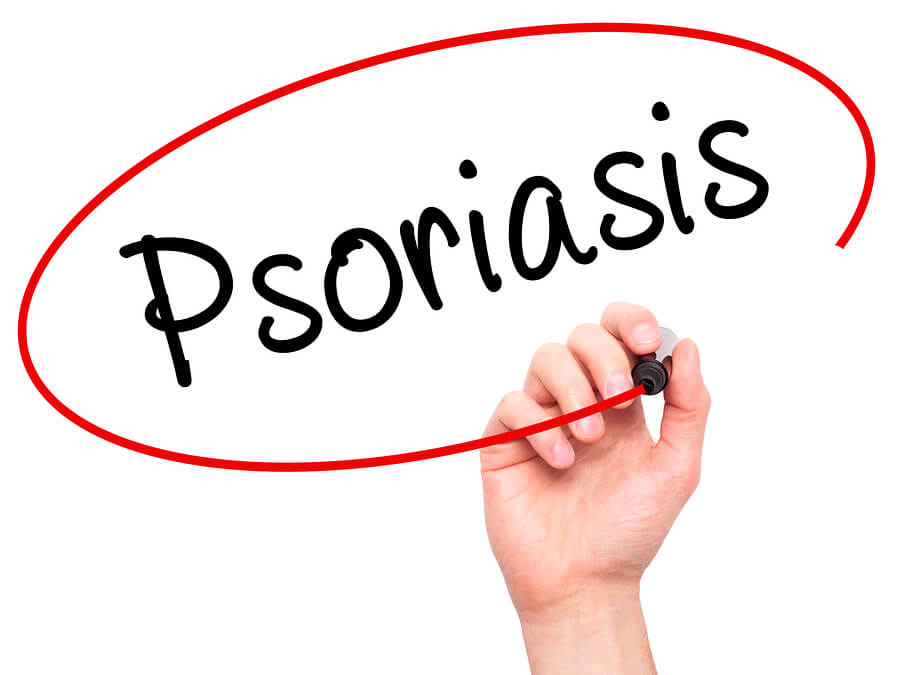The Most Common Symptoms of Psoriasis in Seniors
Category:

According to estimates, more than 13 million people in the United States have psoriasis, including seniors. Psoriasis is a skin disorder. It causes thick, red, scaly patches and raised areas on the skin. Most of the type psoriasis is seen on the legs, chest, arms, neck, or back. But it can impact any area of the body. Psoriasis isn’t contagious. But it does look bad and many seniors who have it are self-conscious about going out if they are having a flare up of symptoms.
Seniors need to be especially careful in how they treat or manage their symptoms. As seniors get older they lose the collagen that keeps skin elastic and promotes healing. Because of that seniors may find that traditional drugs and other treatments for psoriasis are too intense for their skin. Phototherapy, which involves the use of light to treat psoriasis, is a treatment that can is often helpful for seniors with psoriasis.
Symptoms of Psoriasis
The symptoms of psoriasis may be hard to notice at first. It’s possible that a senior who has senior home care will first notice symptoms when their senior home care provider notices that they have a rash or a red patch on their skin. Small scaly patches or red patches that look like a normal rash are often the first symptoms of psoriasis. Some other common early symptoms of psoriasis include:
- A patchy rash that varies widely in how it looks from person to person, ranging from spots of dandruff-like scaling to major eruptions over much of the body
- Rashes that vary in color, tending to be shades of purple with gray scale on brown or Black skin and pink or red with silver scale on white skin
- Small scaling spots (commonly seen in children)
- Dry, cracked skin that may bleed
- Itching, burning or soreness
- Cyclic rashes that flare for a few weeks or months and then subside
Seniors may not go to a doctor for their symptoms because they think it’s just a normal rash. But if seniors try treating the rash with over the counter treatments like corticoid steroid creams or ointments and they don’t work then they should call a doctor. Rashes that come back are also a sign that seniors should see a doctor.
Types Of Psoriasis
There are actually several different types of psoriasis. A doctor will need to examine a senior’s skin and do some tests to determine which type of psoriasis a senior has. Then they can prescribe medication, ointments, and possibly light therapy to help manage the symptoms. There is no cure for psoriasis. The types of psoriasis include:
- Plaque psoriasis
- Guttate psoriasis
- Pustular psoriasis
- Inverse psoriasis
- Erythrodermic psoriasis
Even though there is no cure for psoriasis many seniors find that they can manage their flares through a combination of good skin care and medication. But because seniors tend to have thin skin that can be very delicate, good skin care that includes moisturizing daily is very important.
Sources:
https://www.nhs.uk/conditions/psoriasis/symptoms/
https://www.mayoclinic.org/diseases-conditions/psoriasis/symptoms-causes/syc-20355840
https://my.clevelandclinic.org/health/diseases/6866-psoriasis
https://www.aad.org/public/diseases/psoriasis/treatment/stage/65-beyond
Griswold Home Care for Northern Virginia West is a Trusted Home Care Agency serving Woodbridge, Manassas, Montclair, Dumfries, Centreville, Bristow, Fairfax Station, Clifton, Gainesville, Lorton, and the surrounding areas.
Subscribe
Date: July 19, 2023
Category: